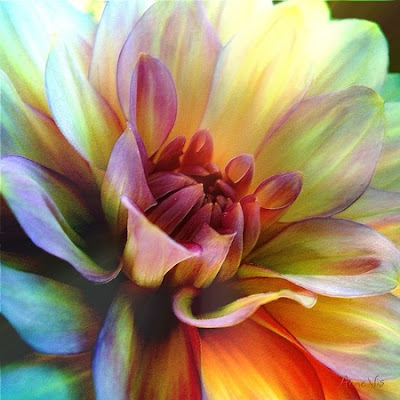Ansel Adams - Winter Sunrise
"Everybody needs beauty as well as bread,
places to play in and pray in,
where nature may heal and give strength to body and soul.
...
Climb the mountains and get their good tidings.
Nature's peace will flow into you as sunshine flows into trees.
The winds will blow their own freshness into you,
and the storms their energy,
while cares will drop away from you like the leaves of Autumn."
~ John Muir
John Muir was one of the earliest advocates of the national park idea, and its most eloquent spokesman. Born in Dunbar, Scotland, on April 21st 1838, he moved with his family to a Wisconsin farm in 1849. Muir's father, an itinerant Presbyterian minister, treated him harshly and insisted that he memorize the Bible. By age 11, he was able to recite three-quarters of the Old Testament by heart, and all of the New Testament.
Muir studied botany and geology at the University of Wisconsin and had a natural flair for inventions. In 1867, after recovering from a factory accident that left him temporarily blinded for several months, he cut short a promising career in industry to walk from Indiana to Florida, creating botanical sketches on his way. From there he sailed to California and then walked from San Francisco to the Sierra Nevada – the "Range of Light" that would transform his life with his "unconditional surrender" to nature.
After working as a sheepherder in the high country for a season, Muir took a job in the Yosemite Valley in 1869, building a sawmill for James Mason Hutchings. In his free time, he roamed Yosemite, where he developed a scientific theory that the valley had been carved by glaciers. Muir felt a spiritual connection to nature; he believed that mankind is just one part of an interconnected natural world, not its master, and that God is revealed through nature.
Theodore Roosevelt and John Muir at Glacier Point, Yosemite National Park, 1903
To preach his gospel of nature, he moved to Oakland in 1873 to write articles for leading magazines like Overland Monthly, Scribner's and Harper's Magazine. Muir's articles made him nationally famous. He married Louie Wanda Strentzel and turned her family's farm in Martinez, California, into a profitable orchard business. But he grew restless to immerse himself in nature again, and, at Louie's urging, he traveled to Alaska's Glacier Bay and Washington's Mount Rainier. His writings brought national attention to two more places that would eventually become national parks.
Muir would also champion protection of the Petrified Forest and the Grand Canyon in Arizona. He was the public voice for setting aside the high country around Yosemite Valley as a national park in 1890, as well as for General Grant and Sequoia national parks. His efforts to make a large park in the Kings Canyon region of central California would not be successful, but later park supporters would take up the cause.
Muir's three-night camping trip with President Theodore Roosevelt in 1903 could be considered the most significant camping trip in conservation history. He was able to persuade Roosevelt to return Yosemite Valley and the Mariposa Grove to federal protection as part of Yosemite National Park. The trip would have a lasting impact on the president.
Muir's final crusade, to prevent the city of San Francisco from building a dam and creating a massive water reservoir in Yosemite's Hetch Hetchy Valley, ended in bitter defeat with federal approval of the project in 1913. Muir died a year later, on Christmas Eve, at age 76.
Muir was a founder and the first president of the Sierra Club; Muir Woods National Monument, a grove of redwoods north of San Francisco, is named in his honor.
"If you think about all the gains our society has made, from independence to now, it wasn't government. It was activism. People think, 'Oh, Teddy Roosevelt established Yosemite National Park, what a great president.' BS. It was John Muir who invited Roosevelt out and then convinced him to ditch his security and go camping. It was Muir, an activist, a single person."
~ Yvon Chouinard
Patagonia founder and outdoor enthusiast




































